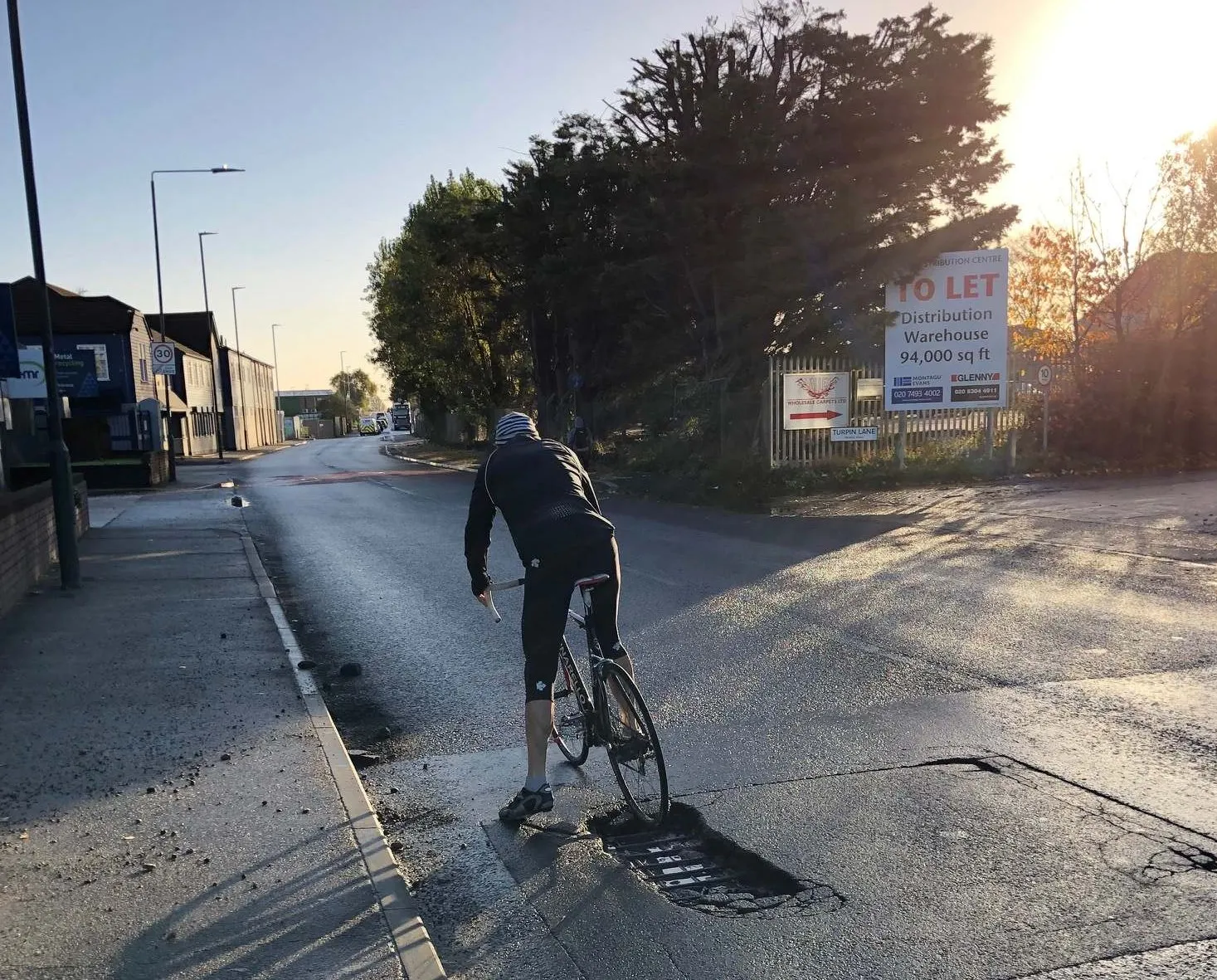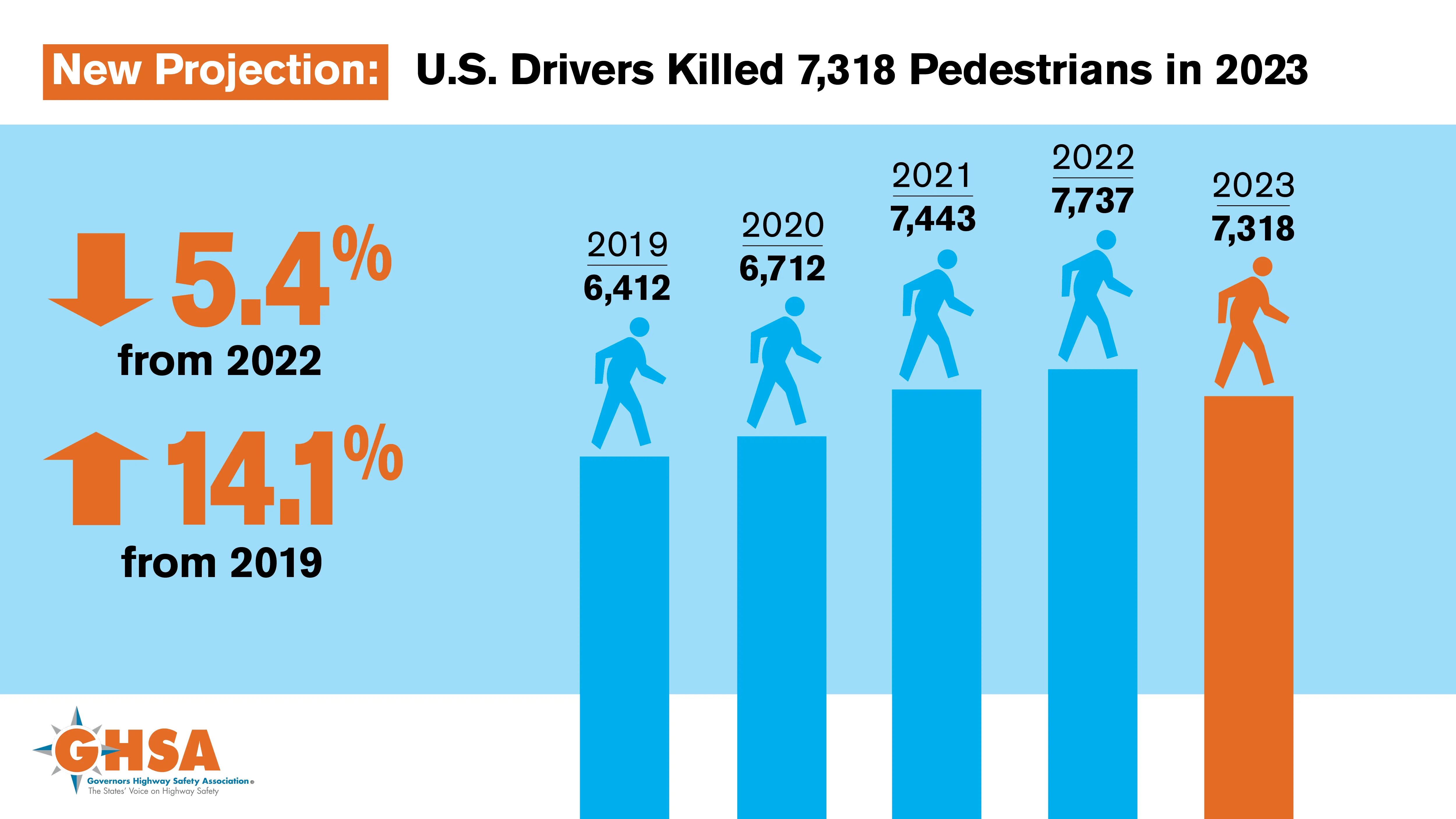English councils have been urged to protect the public on the roads by “whatever means is appropriate” after the first rise in road deaths in the country for eight years. Professor Stephen Glaister, director of the RAC Foundation, said data obtained by the Foundation under the Freedom of Information Act (FOI) showed there had been “no mass switch off” of speed cameras in England despite two years of Government road safety funding cuts.
But Glaister fears an ageing national network of existing speed camera
July 9, 2012
Read time: 3 mins
English councils have been urged to protect the public on the roads by “whatever means is appropriate” after the first rise in road deaths in the country for eight years.
Professor Stephen Glaister, director of the5521 RAC Foundation, said data obtained by the Foundation under the Freedom of Information Act (FOI) showed there had been “no mass switch off” of speed cameras in England despite two years of Government road safety funding cuts.
But Glaister fears an ageing national network of existing speed cameras may not be up to playing a key public road safety role following last year’s rise in English road deaths.
“We are concerned funds won’t be available to purchase new equipment to replace increasingly antiquated film cameras. There is a lack of money for all aspects of road safety and we urge councillors to allocate adequate budgets to protect people on the roads by whatever means is appropriate,” said Glaister.
“Recent figures showing that deaths on the road rose in 2011, for the first time since 2003, only reinforce the need to retain the focus on road safety.”
The FOI Act data obtained by the RAC Foundation show England currently has 2,331 fixed speed camera sites, 3,026 fixed speed camera housings, and 487 operational fixed cameras.
A site is a single geographical location at which there might be more than one housing facing - for example - in different directions down a stretch of road.
Of the 38 organisations approached with FOI requests by the RAC Foundation four refused to answer any questions, while two others – Durham and Darlington, and North Yorkshire and York – have never used fixed speed cameras.
Of the 32 administrative bodies which did use fixed speed cameras and did respond, ten said they had made no change to the level of provision of sites, housings and cameras since 2010. Several others registered only small changes in provision over the past two years.
The biggest changes were found to have been seen in Avon & Somerset and Wiltshire & Swindon where all operational cameras were switched off.
Glaister added: “Many people believe there has been a mass switch-off of cameras over the past couple of years. But the data shows that, overall, this is simply not true.
“The RAC Foundation’s best evidence is that if all speed cameras were turned off around 80 more people would be killed on the roads each year with 700 others seriously injured. Therefore we welcome these figures which suggest the majority of fixed cameras have been retained and housings are being kept in place to act as a deterrent.
“Although there are many more housings than cameras, it seems that the cameras are regularly rotated between them ensuring there is some level of positive enforcement at most sites. It is also important to note that many police constabularies rely heavily on mobile cameras to catch law breakers, and in many cases now have an increased emphasis on this type of operation.”
Despite an overall picture of continuing fixed speed camera operations, the RAC Foundation said concern was raised by a number of those questioned about how the money would be found to replace increasingly obsolete wet-film cameras – those relying on old-style photographic film instead of digital technology – with new equipment.
One estimate is that an appropriate type-approved digital camera to replace a wet-film camera will cost in the region of £20,000.
Professor Stephen Glaister, director of the
But Glaister fears an ageing national network of existing speed cameras may not be up to playing a key public road safety role following last year’s rise in English road deaths.
“We are concerned funds won’t be available to purchase new equipment to replace increasingly antiquated film cameras. There is a lack of money for all aspects of road safety and we urge councillors to allocate adequate budgets to protect people on the roads by whatever means is appropriate,” said Glaister.
“Recent figures showing that deaths on the road rose in 2011, for the first time since 2003, only reinforce the need to retain the focus on road safety.”
The FOI Act data obtained by the RAC Foundation show England currently has 2,331 fixed speed camera sites, 3,026 fixed speed camera housings, and 487 operational fixed cameras.
A site is a single geographical location at which there might be more than one housing facing - for example - in different directions down a stretch of road.
Of the 38 organisations approached with FOI requests by the RAC Foundation four refused to answer any questions, while two others – Durham and Darlington, and North Yorkshire and York – have never used fixed speed cameras.
Of the 32 administrative bodies which did use fixed speed cameras and did respond, ten said they had made no change to the level of provision of sites, housings and cameras since 2010. Several others registered only small changes in provision over the past two years.
The biggest changes were found to have been seen in Avon & Somerset and Wiltshire & Swindon where all operational cameras were switched off.
Glaister added: “Many people believe there has been a mass switch-off of cameras over the past couple of years. But the data shows that, overall, this is simply not true.
“The RAC Foundation’s best evidence is that if all speed cameras were turned off around 80 more people would be killed on the roads each year with 700 others seriously injured. Therefore we welcome these figures which suggest the majority of fixed cameras have been retained and housings are being kept in place to act as a deterrent.
“Although there are many more housings than cameras, it seems that the cameras are regularly rotated between them ensuring there is some level of positive enforcement at most sites. It is also important to note that many police constabularies rely heavily on mobile cameras to catch law breakers, and in many cases now have an increased emphasis on this type of operation.”
Despite an overall picture of continuing fixed speed camera operations, the RAC Foundation said concern was raised by a number of those questioned about how the money would be found to replace increasingly obsolete wet-film cameras – those relying on old-style photographic film instead of digital technology – with new equipment.
One estimate is that an appropriate type-approved digital camera to replace a wet-film camera will cost in the region of £20,000.








